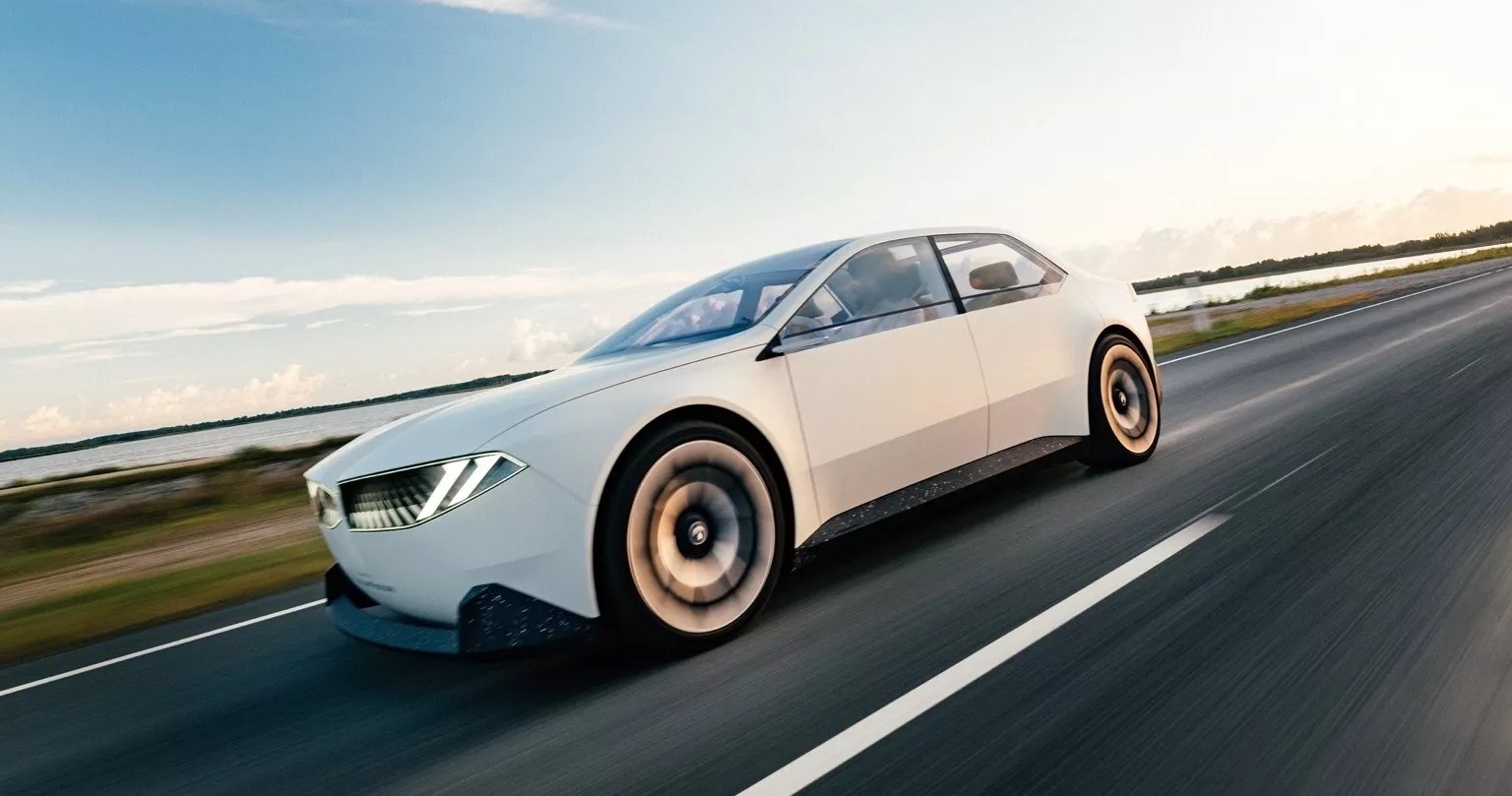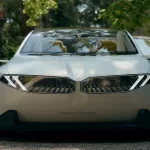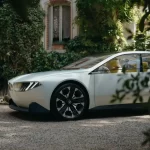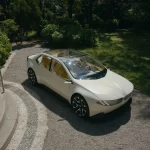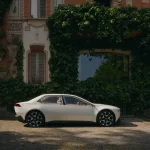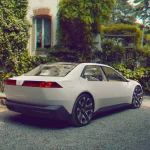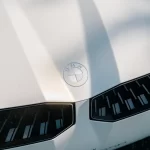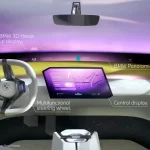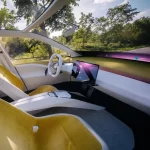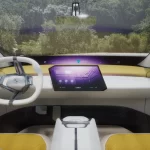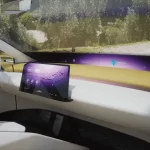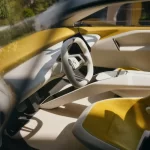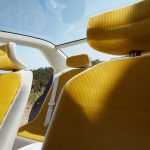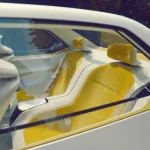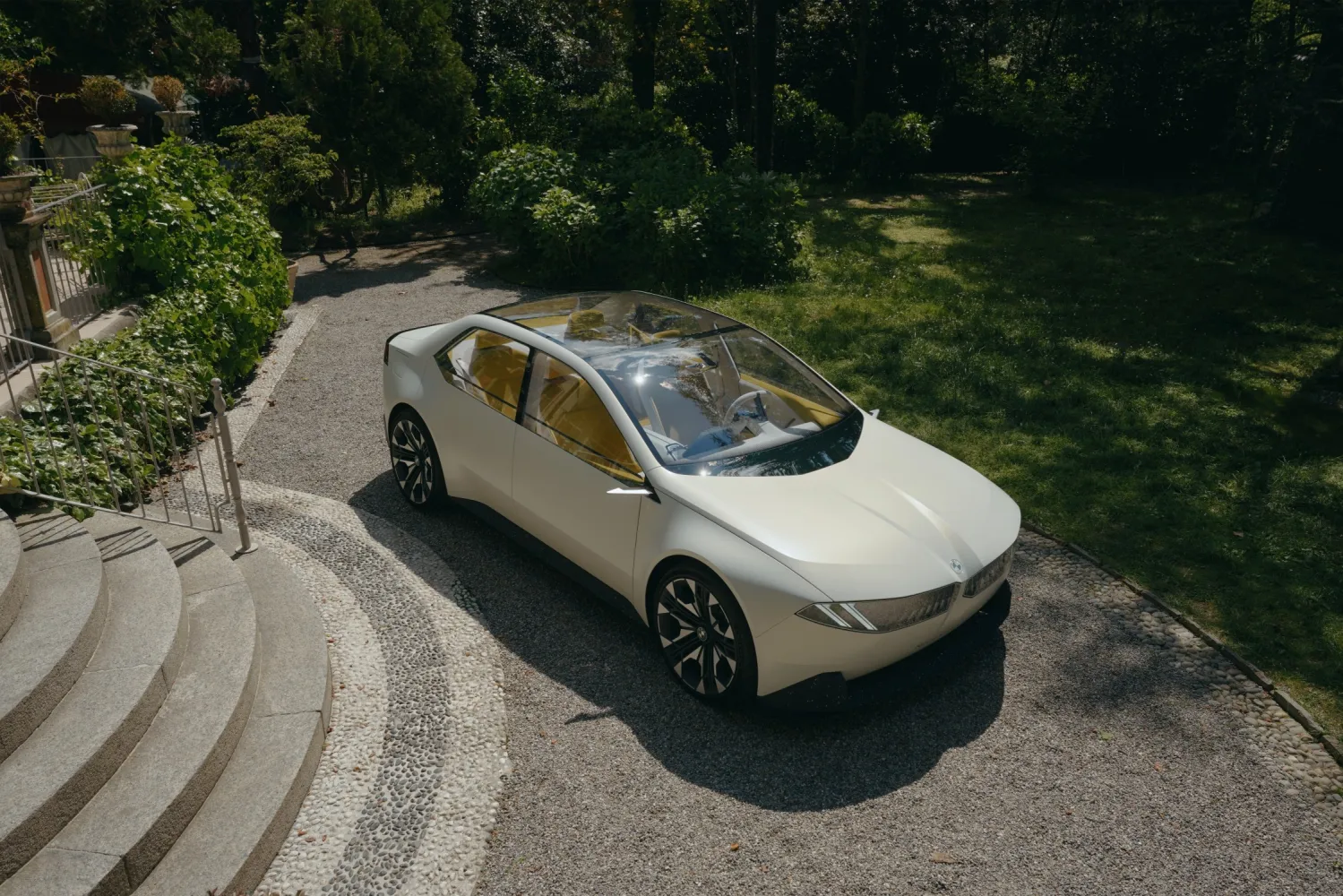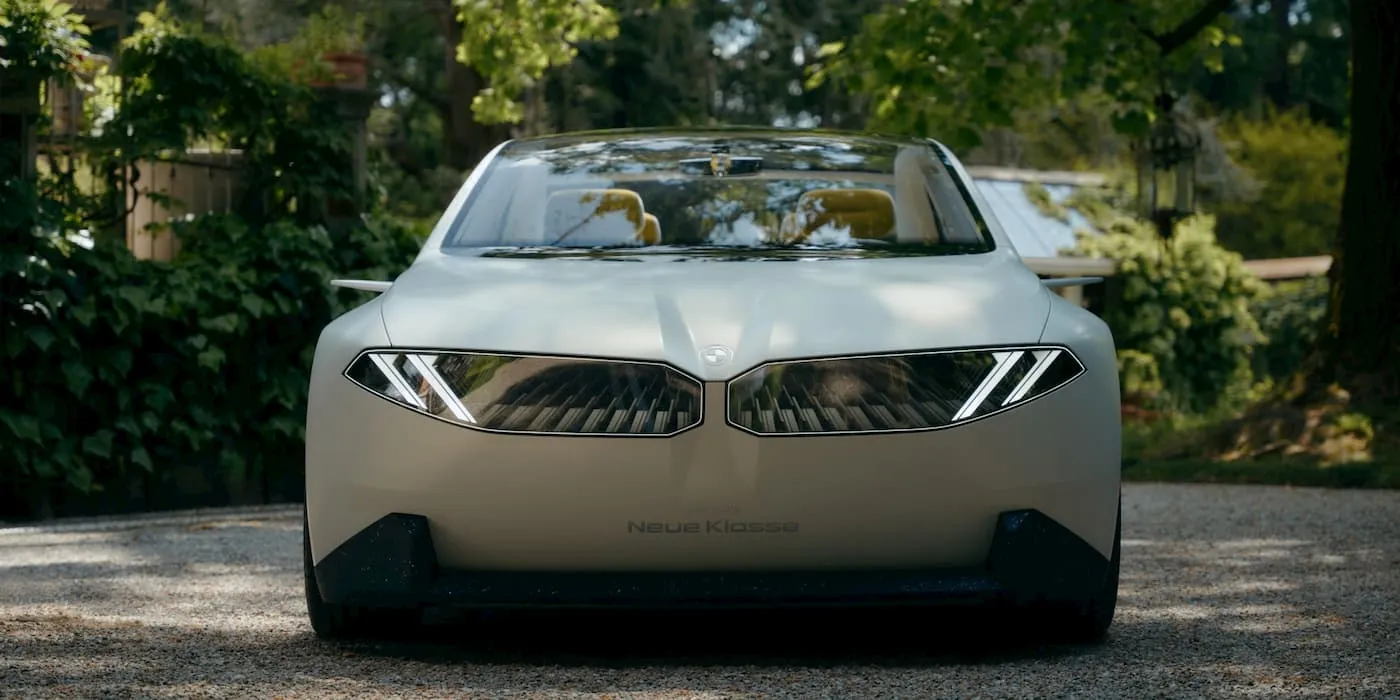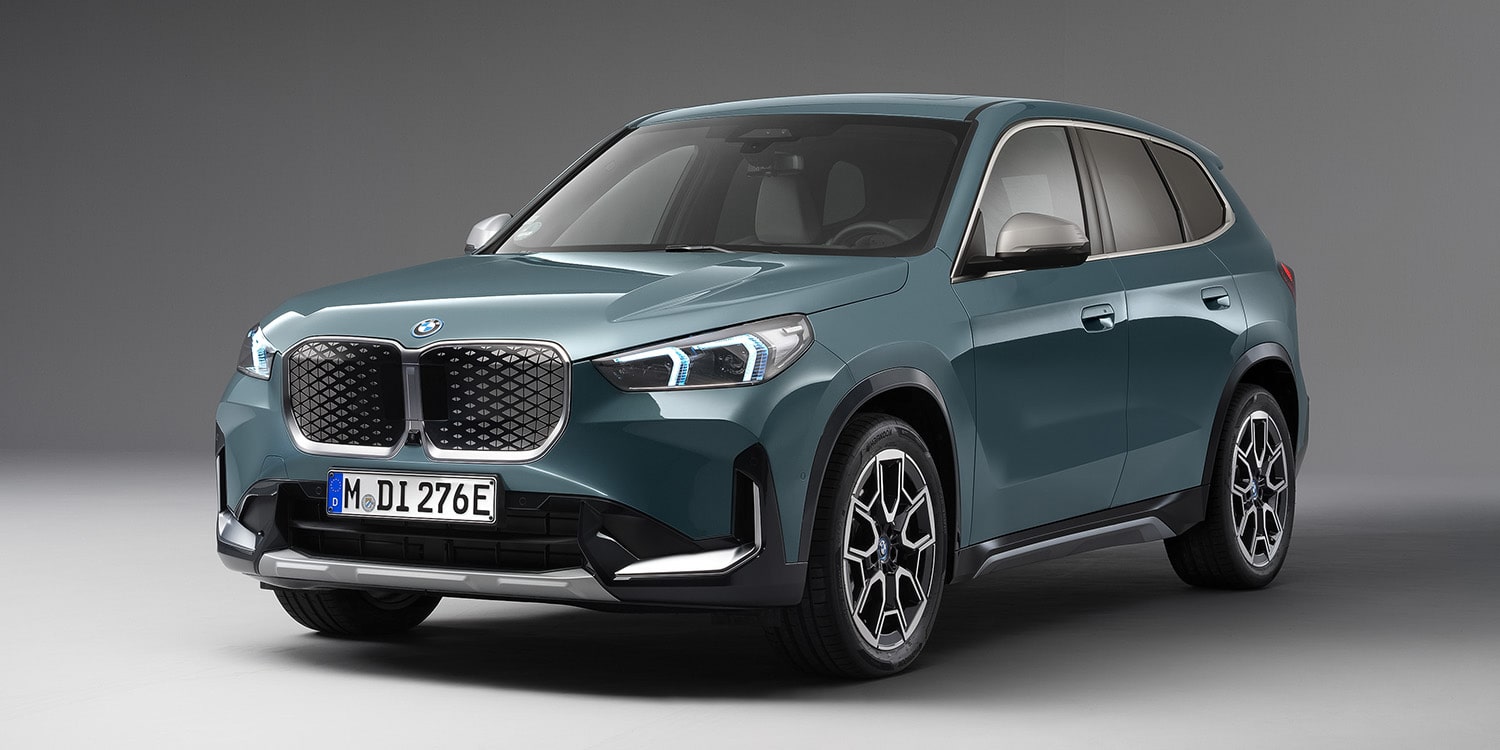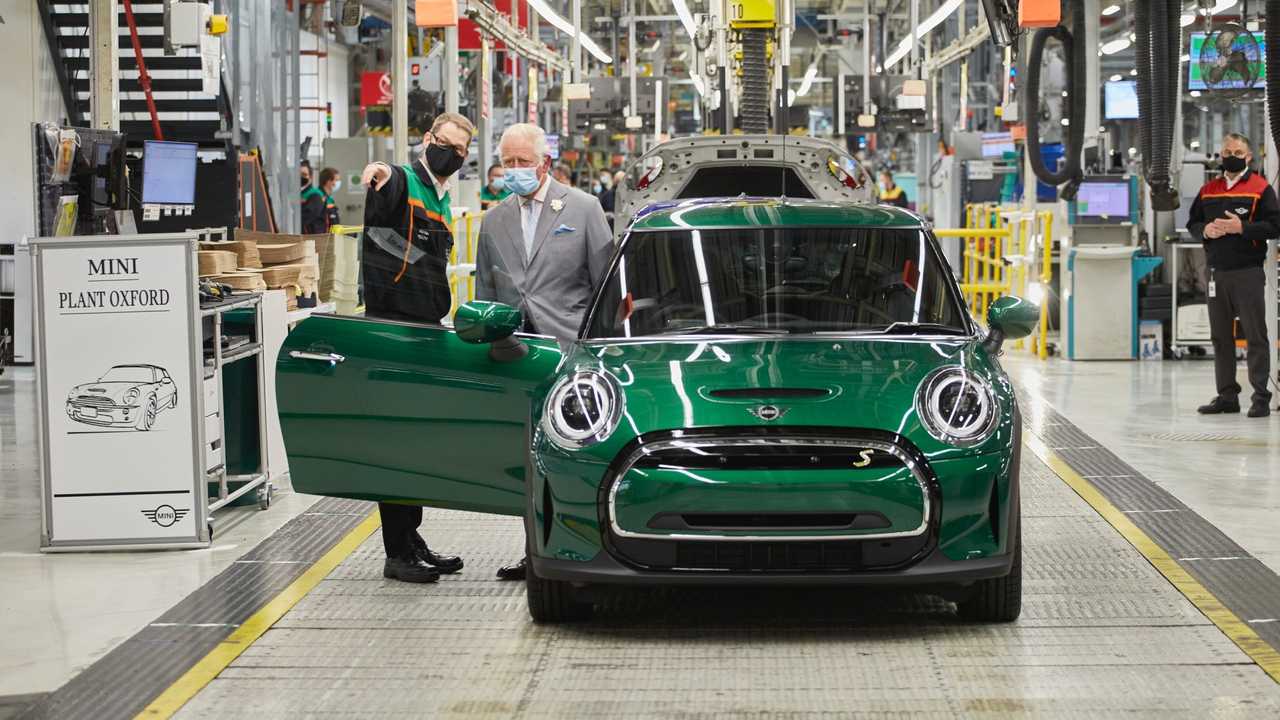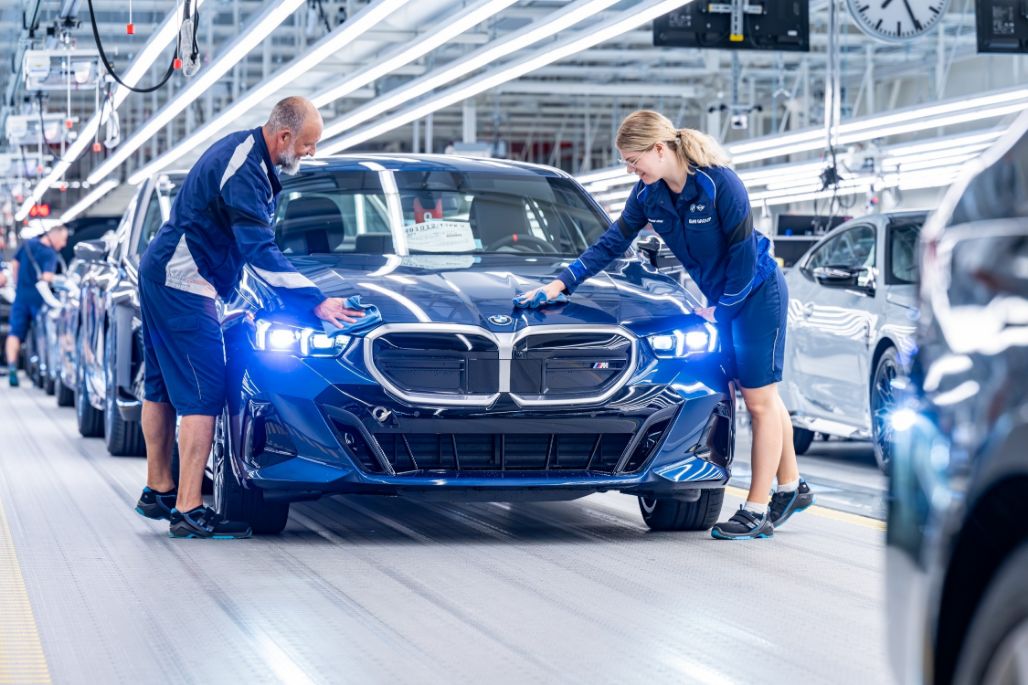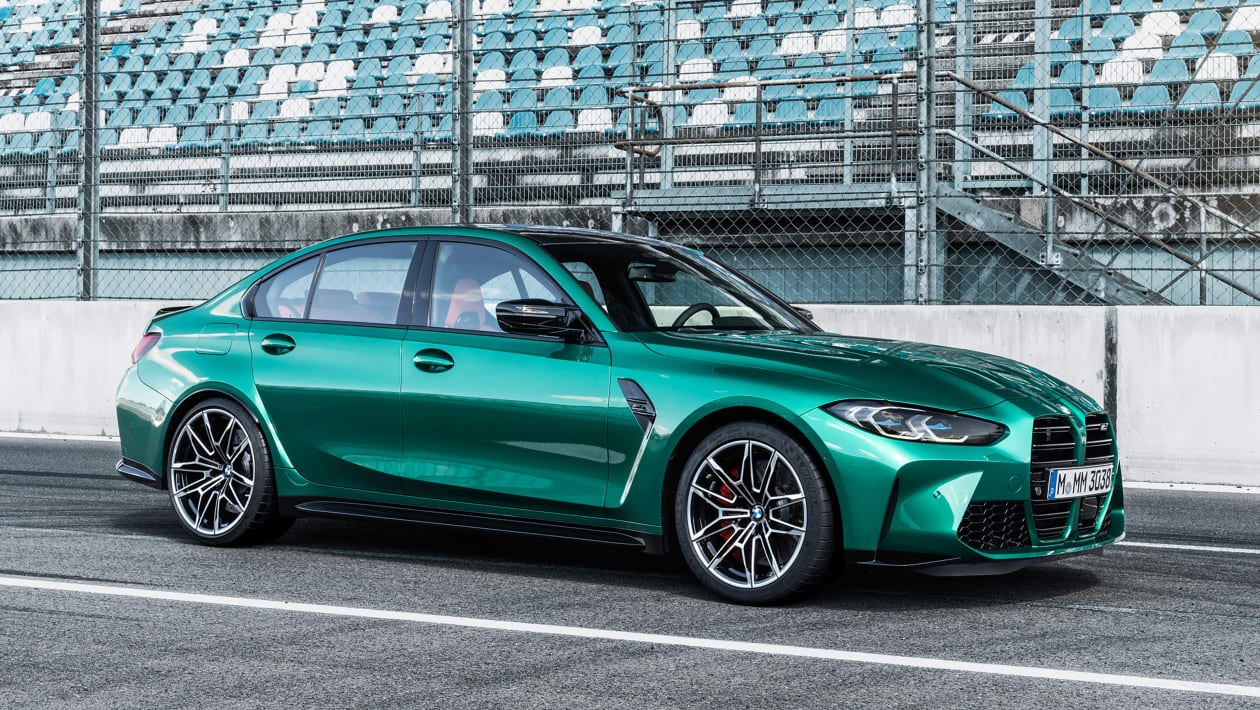BMW has unveiled its visionary “Vision Neue Klasse” on Saturday. This marks the German automaker’s commitment to revolutionize its vehicle lineup with improved efficiency and cutting-edge technology.
CEO Oliver Zipse had outlined a three-phase plan in March 2021 to steer BMW through the electric revolution. The first phase involved the “Project i,” transferring electric expertise into series production, notably with plug-in hybrids such as the i3 and i8. The second phase saw BMW introduce all-electric powertrain options in popular segments, including the i4, i5, and i7. Now, the third phase takes shape with the BMW Vision Neue Klasse.
The term “Neue Klasse” pays homage to BMW’s sporty small cars from the 1960s, which played a pivotal role in establishing the brand’s identity.
See also: BMW’s first Neue Klasse EV platform will debut in compact sedan and sporty SUV
Frank Weber, a member of the Board of Management of BMW AG responsible for Development, stated, “With the Neue Klasse, we have embarked on the biggest investment in the company’s history. We are not just writing the next chapter of BMW; we’re writing a whole new book. That’s why the Neue Klasse will certainly impact all model generations.”
The forthcoming Neue Klasse vehicles, set to debut in 2025, will be built on an advanced EV platform designed to shape BMW’s future. BMW promises that this new class will offer “30% more range, 30% faster charging, and a 25% overall improvement in vehicle efficiency.”
The exterior design of these vehicles will be a defining feature, showcasing a blend of classic BMW elements such as robust wheel arches and the signature “shark-nose” front end, but with a futuristic twist. The cars will feature a nearly monolithic body, large windows, and distinctive indentations at the front and rear ends.
See also: Neue Klasse Platform offers 30 percent cost reduction in EVs production
Inside, the Neue Klasse models will embrace the next generation of BMW iDrive, with interaction happening through BMW Panoramic Vision, the central display, and minimal steering wheel buttons. A novel addition is the BMW Panoramic Vision, a high-tech head-up display occupying the bottom third of the windshield, offering a 3D driving experience.
BMW is also adopting a minimalist approach to the interior, eliminating decorative chrome and leather to reduce its carbon footprint during production.
Efficiency is a key focus, both in the production process and vehicle performance. The electric models will be manufactured at BMW’s Debrecen, Hungary plant with minimal reliance on fossil fuels and an increased use of sustainable materials with lower CO2 emissions. These vehicles will feature high energy efficiency, optimized weight, air resistance, rolling resistance, and an intelligent heat management system.
Furthermore, advances in BMW eDrive technology include new round battery cells with 20% higher energy density than previous prismatic ones, promising faster charging and increased range by up to 30%. Overall, these changes aim to boost vehicle efficiency by up to 25%, according to BMW.
BMW’s Neue Klasse is slated to hit the roads in 2025, with the first model expected to be a production version of the concept unveiled at IAA, followed by an SUV variant. This marks a significant stride for BMW in the ever-evolving landscape of electric mobility.

